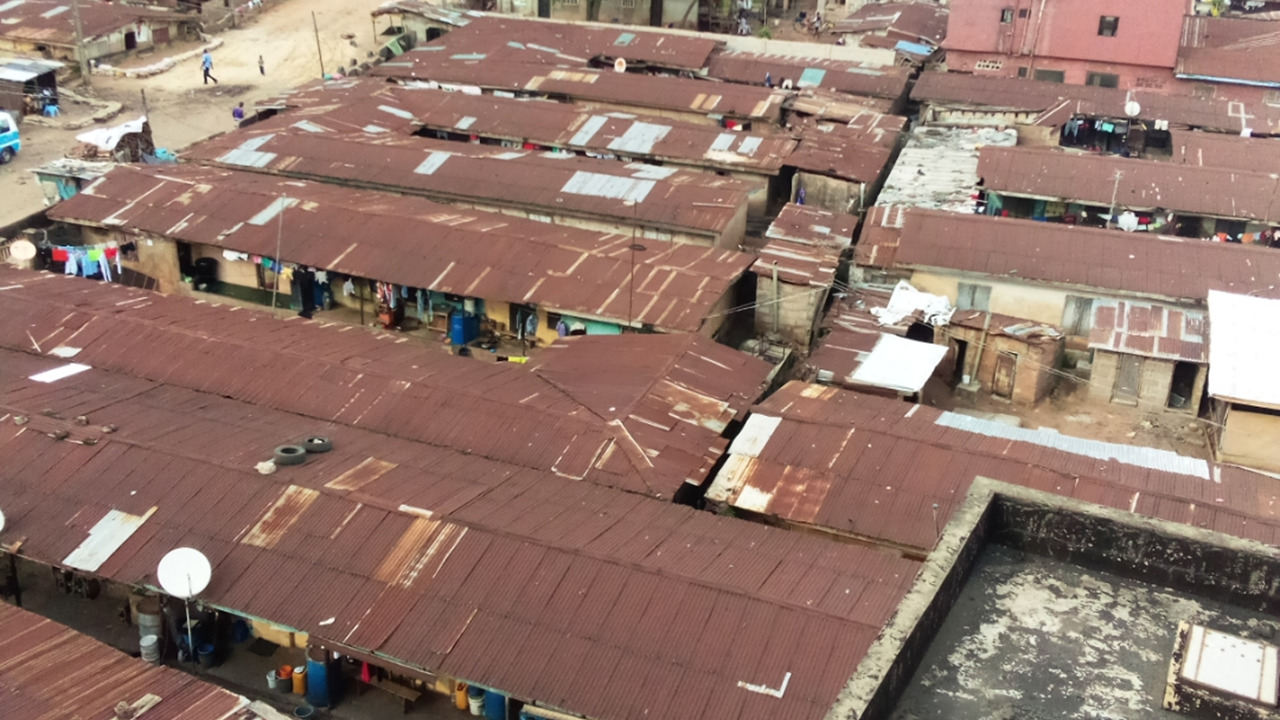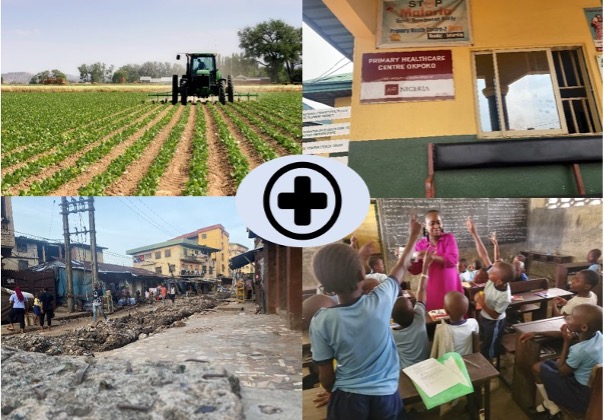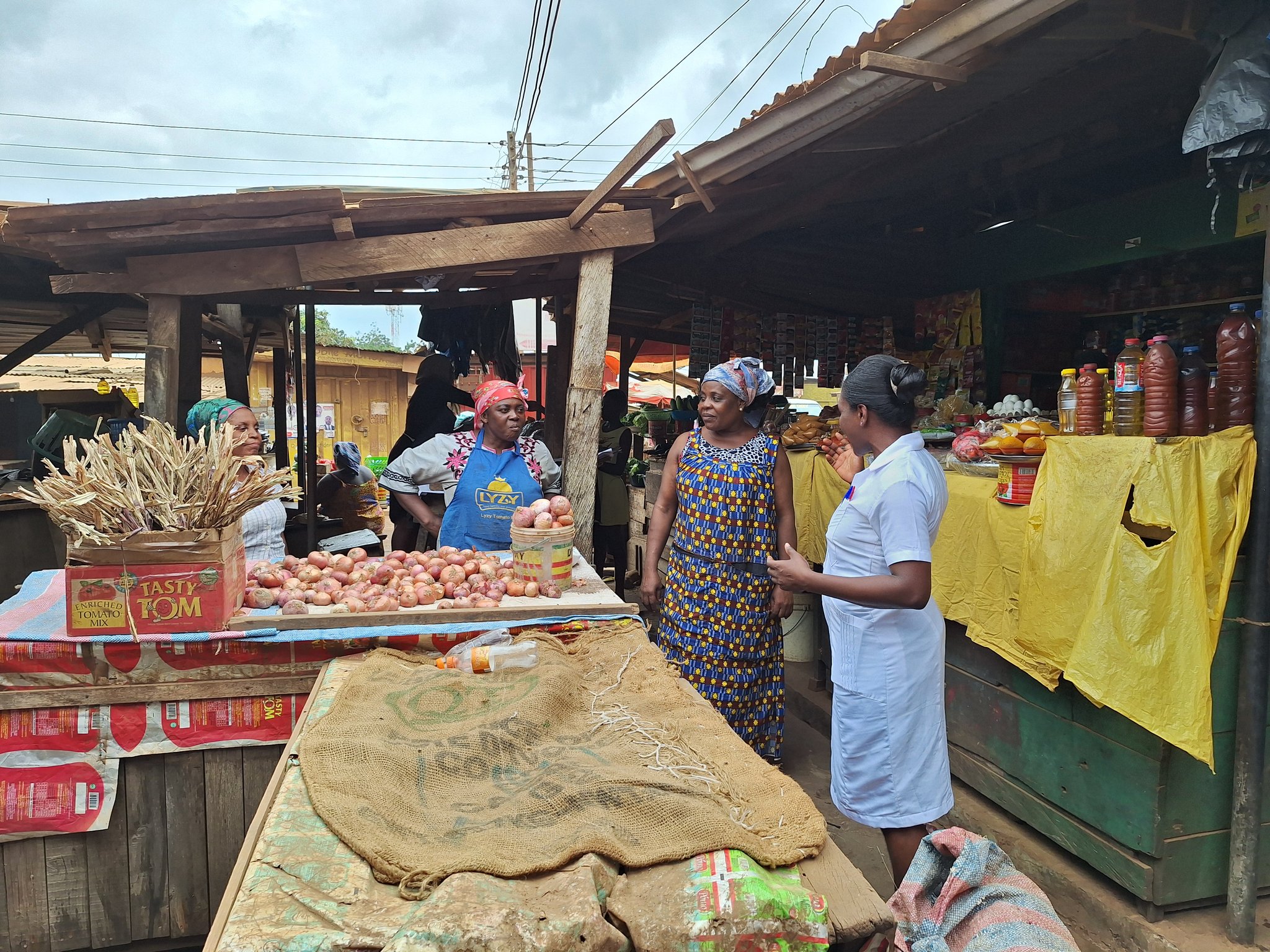
NIGERIA

NIGERIA
Nigeria’s urban population is expected to double by 2050. This rapid urbanisation is seeing increase and expansion of informal settlements within and around large cities. These informal settlements, or urban slums, are characterised by poor housing, lack of basic amenities and poor access to resources, including health, nutrition and education.
A major concern in Nigeria, as with other low resource settings, is access to comprehensive and quality health services in urban slums. Urban slums have a higher burden of communicable disease due to overcrowding, poor ventilation and sanitation, low economic status, and low literacy level. Access to quality healthcare for slum residents is further limited due to lack of social health insurance, high out-of-pocket payments, and a limited provision of public healthcare services. Informal healthcare providers, such as patent medicine vendors, village health workers, traditional birth attendants and traditional healers, are a crucial source of healthcare in urban slums, filling the gap of the absence of formal healthcare, and providing affordable and trusted healthcare to residents.
The CHORUS team at the Health Policy Research Group of the University of Nigeria, is working to implement CHORUS projects predominately in Enugu, which has a considerable number of slums within the mixed-income and poorest neighborhoods. The average poverty rate across Enugu State, including Enugu City, is 85%.









